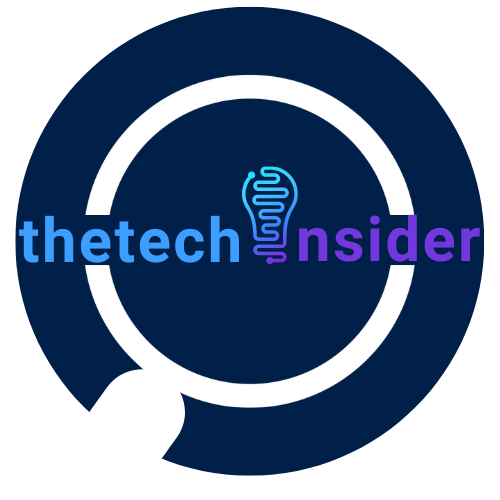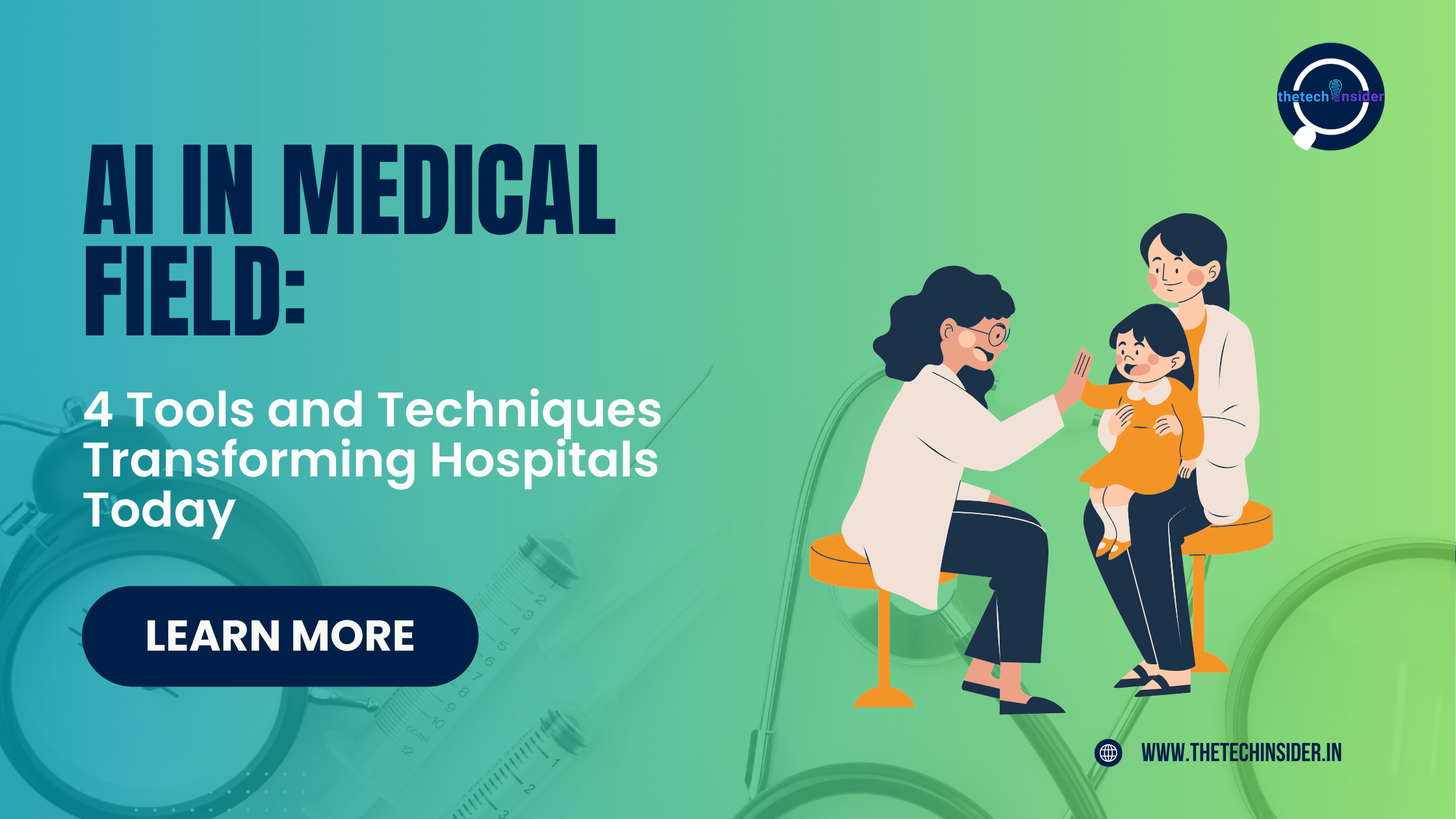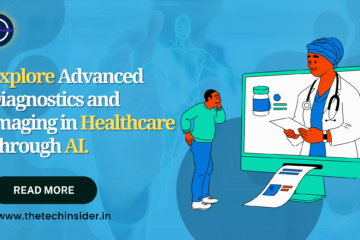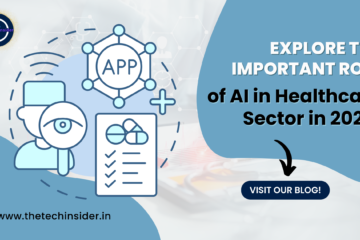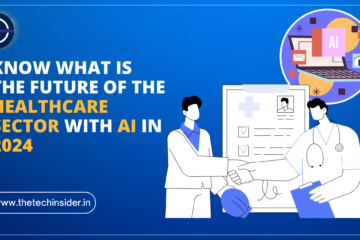The medical industry is undergoing a transformation powered by artificial intelligence (AI). AI in medical field is no longer a future notion; hospitals all over the world are actively integrating AI tools and techniques to improve diagnoses, tailor treatments, and expedite workflows.
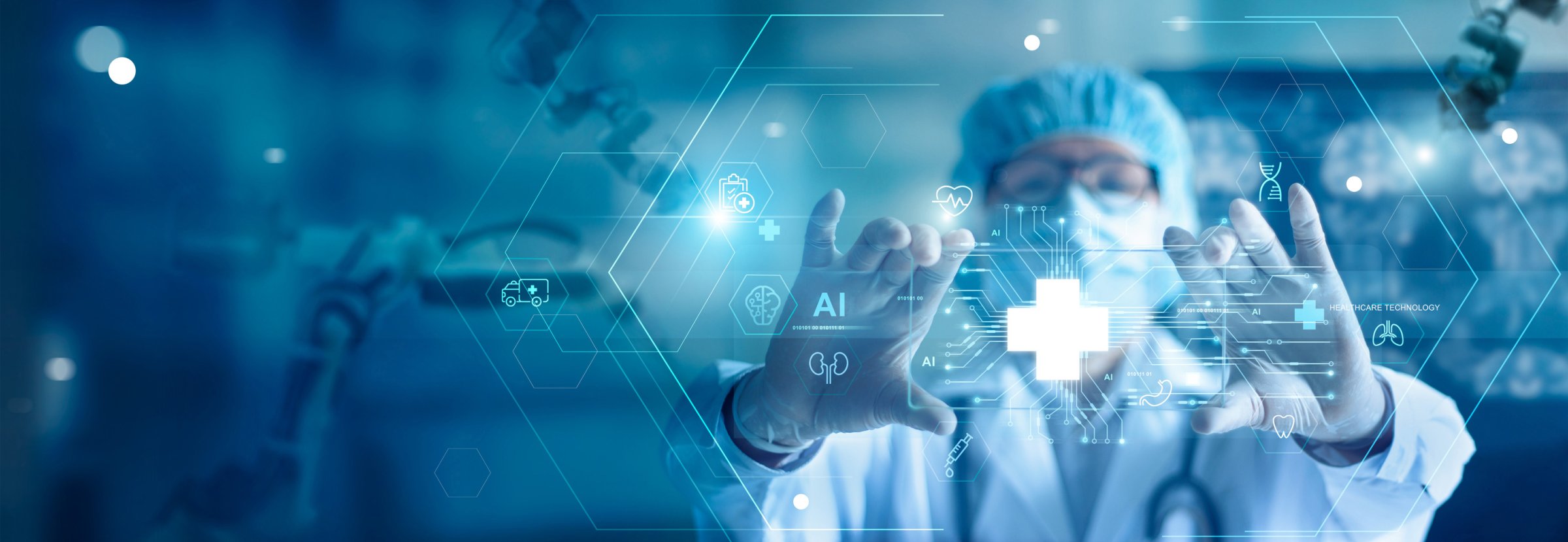
Table of Contents
Instances of AI in Medical Field
Let us look at some of the most effective technologies and strategies that justify the use of AI in medical field, and how they are being used in hospitals in the present scenario:
AI-powered Imaging Analysis
- Weapon Against Cancer: AI in medical field helps radiologists analyze mammograms, X-rays, and MRIs with unprecedented accuracy. This can lead to earlier detection of tumors, particularly breast and lung cancer, resulting in more successful therapy interventions. Early detection is critical in the fight against cancer, as it enhances the likelihood of successful therapy. Studies have demonstrated that AI-powered analysis can enhance cancer diagnosis rates, particularly for malignancies such as breast cancer, where minor anomalies may go undetected by the human eye.
- Beyond cancer detection: AI in medical field is also being used to evaluate various types of medical imaging, including CT scans for stroke diagnosis and retinal scans for diabetic retinopathy. By flagging suspicious areas, AI assists radiologists in prioritizing cases and increasing diagnostic efficiency. In the case of a stroke, prompt diagnosis is critical for limiting brain damage. AI can analyze CT scans to identify stroke signs and establish the type of stroke, allowing doctors to commence the proper treatment plan quickly. Similarly, AI can analyze retinal scans to detect diabetic retinopathy, a type of diabetes that can cause vision loss. Early identification of diabetic retinopathy allows for timely treatment and helps to prevent visual loss.
Machine Learning for Clinical Decision Support
- Guiding Doctors: Machine learning algorithms are swiftly becoming indispensable companions for physicians, giving real-time insights and assistance at the point of service. These algorithms can process a large quantity of complex medical data, such as a patient’s medical history, lab findings, vital signs, and even genetic information. By churning through this data, AI can detect trends and probable diagnoses that a doctor may overlook, particularly in complex instances or when dealing with rare ailments. For example, AI can examine a patient’s medical history and detect tiny signals that may indicate a specific ailment, even if they appear unrelated at first glance.
- Personalized Treatment Plans: AI in medical field can offer treatment alternatives based on the patient’s specific profile, such as age, medical history, allergies, and potential drug interactions. This allows doctors to make more educated decisions about patient treatment, ultimately enhancing the quality and efficiency of healthcare delivery. Furthermore, AI in medical field can evaluate massive datasets of medical research to keep current on the newest breakthroughs in treatment procedures and pharmaceutical alternatives, allowing clinicians to provide their patients with the most up-to-date care possible.
Robots Partnering with Surgeons
- Enhanced Precision: Robotic surgery systems, powered by AI algorithms, provide surgeons with more precision and control during minimally invasive treatments. This leads to smaller incisions, faster healing times, and fewer issues for patients. For example, AI-powered robotic devices can be utilized in sophisticated laparoscopic procedures, allowing surgeons to work with extreme precision through tiny incisions. These robotic devices’ increased dexterity and stability allow surgeons to execute delicate procedures with less bleeding and tissue harm. This leads to speedier recovery times for patients, shorter hospital stays, and a lower chance of post-operative problems.
- Outside the Operating Room: AI-powered robots are also being utilized in rehabilitation centers to help physical therapists provide focused workouts to patients recuperating from strokes or accidents. These robots can lead patients through tailored workout programs while offering real-time feedback and changes to provide the best possible rehabilitation outcomes. AI-powered robots may also collect data on a patient’s range of motion, strength, and coordination, which is extremely useful for physical therapists in tracking progress and designing rehabilitation regimens.
AI Chatbots for Patient Engagement
- 24/7 assistance: AI-powered chatbots are changing the way patients interact with the healthcare system by making it easier and more accessible. These chatbots can answer a wide range of basic medical concerns, including symptom checklists and drug inquiries. They can also assist patients with appointments, prescription refills, and navigating hospital websites. This frees up critical time for medical staff to focus on more complex tasks, while also allowing patients to access information at any time of day or night.
- Improved Patient Education: Chatbots can also be utilized to provide patients with personalized educational resources tailored to their specific needs. A chatbot, for example, can teach newly diagnosed diabetics how to manage their blood sugar levels, eat healthily, and exercise regularly. Chatbots can also send medication adherence reminders and teaching materials about potential side effects and interactions. This enables patients to take a more active role in maintaining their health and enhancing their overall well-being.
The Road Ahead
These are just a few instances of how AI in medical field is revolutionizing hospitals today. As AI technology advances, we should expect more new tools and strategies to emerge. From AI-powered drug development to virtual assistants that manage chronic illnesses, the future of AI in medical field looks extremely promising. However, it is critical to remember that AI is a strong tool that augments, rather than replaces, the capabilities of healthcare providers. The personal touch and skill of doctors and nurses will always be valued in providing compassionate and effective patient care.
Stay tuned to The Tech Insider for more information on the involvement and advancement of AI in the health sector.
